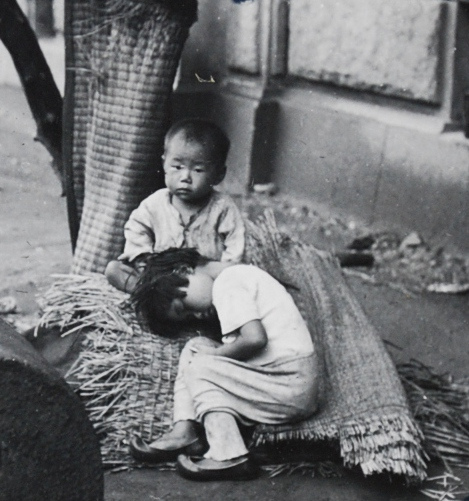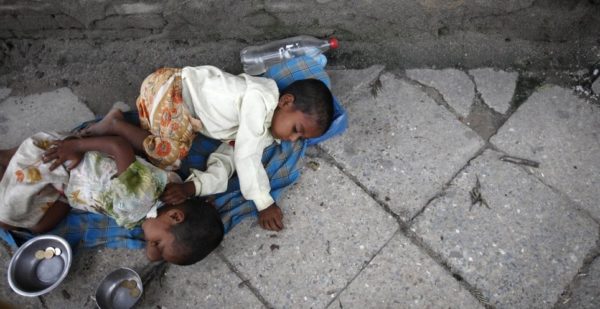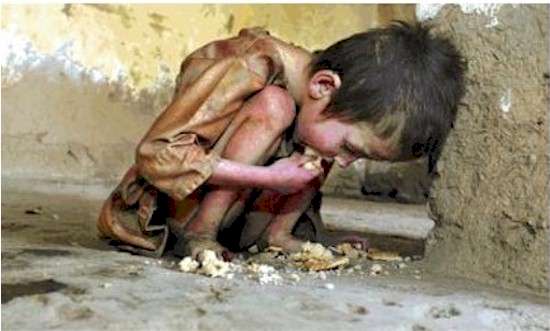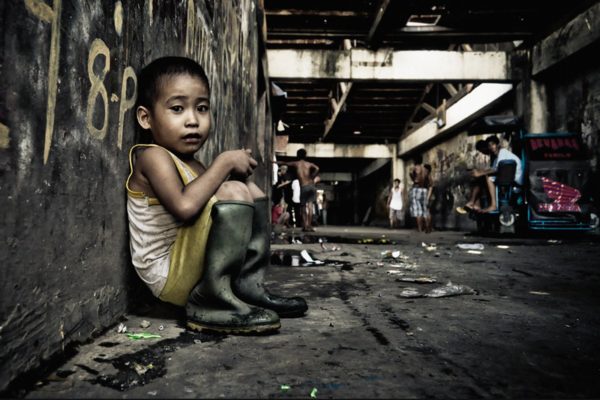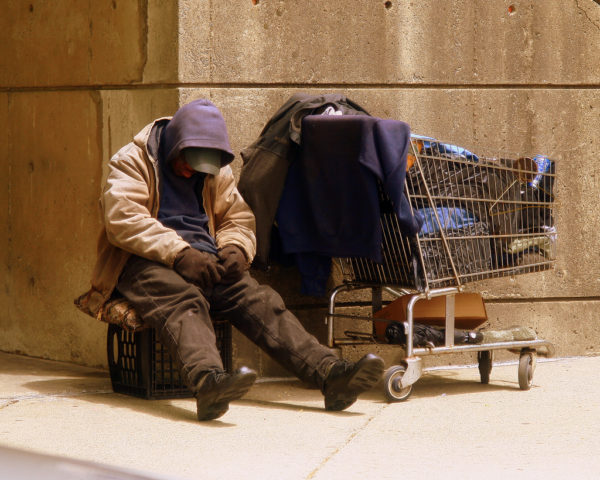We’re back! Two weeks of crappy Internet coverage and a Kip Moore concert last week kept us from having our Thursday night radio show, but Erik’s Hour of Enlightenment radio show is on for tomorrow at 5:00 PM PT/7:00 PM CT/8:00 PM ET. No more than 15 minutes before the top of the hour, call 619-639-4606 to ask Erik your question. There are three ways to listen: Listen on the phone line, click on the “Listen” icon on the right sidebar of the blog or click on this LINK.
Also, this Saturday around 7:00 PM PT/9:00 PM CT/8:00 PM ET, Kim, Erik and I will be on Into the Parabnormal (Yes, there’s a b in there.) live. If you want to listen or chat with Erik, click HERE. Bookmark it now!
Here’s the last part on homelessness. I’ve included the tail end of Part One to help orient you.
Kim: Oh, this is fascinating! He’s referring to schizophrenia, bipolar disease and multiple personalities—
Me: Mm hm. Those are all different, but they’re common in homeless people.
Erik: What happens is, through homelessness, the person is forced to rely on themselves. I can’t say, truthfully, that that helps with the illness, but it helps them connect to them because these people can be dependent—also combative—on their environment, things around them, but when experiencing homelessness, they have to depend on themselves. They do fall through the cracks.
Kim: He’s getting really serious. He’s like right up in the camera.
Erik: And that’s a damn shame. We need to break the mold and not be so fearful, making these people fit under a stigma. Just because somebody suffers from bipolar disorder doesn’t mean they’re not capable of carrying on a conversation or having a normal day just like you. They just deal with it differently. They go through it differently, and they process it differently. To me, it’s no different living with someone who has a mental illness compared to someone who’s just different.
Me: Well, it is alienating. I mean, you experienced a lot of alienation from people because of your bipolar disorder.
Erik: Even though they’re not that different than you, a lot of times what people see is those people introvert because they feel like nobody understands them and nobody can relate to what they’re going through.
That’s exactly what my poor baby Erik had to deal with.
Erik: So they introvert. They also depend on the people around them, but somehow they still introvert. There’s also fear on both sides. The person who’s mentally ill is fearful to engage—
Kim: He’s going way off the subject!
Erik: –and people around them are fearful to engage because they’re afraid they might trigger an episode or say something wrong. Anyway, getting back to why these people fall through the cracks, it’s because of that fear. They often push people away; they push help away thinking, “Well, nobody is going to understand me anyway.”
Me: But sometimes these people do get help. They get into a halfway house; they’re set on the road to whatever; they get a job, but they end up being homeless again. It’s almost like they want to be homeless. Maybe some of them prefer that. Do some of them like it?
Erik: For some of them, it’s easier because being a part of society sometimes, depending on your mental illness, still feels dysfunctional so being in a job and having expectations of you, to that mentally ill person, it feels dysfunctional. With homelessness, there’s this, “I can just be me.”
Me: There are no expectations on you when you’re homeless.
Erik: Exactly.
Me: That’s a plus.
Erik: “I can just be me. I don’t have to combat anybody. I don’t have to worry about dealing with people.”
Me: Yeah, for them, it all boils down to survival. That’s it, the very basics of survival.
An uncomplicated life when you think about it.
Erik: Yeah, that’s when you really see people alienate themselves, depending on how mentally ill they are, and they introvert, one, because they think there’s no hope for help, and two, even if they have help, they still don’t think people get them or that people understand or can relate. So depending on the level of severity, you’ll see people who intentionally alienate themselves because, to them, it seems easier to be alone.
Me: Well, real quick because we don’t have that much more time for this topic: Number one: Is there anything we’re meant to learn from homelessness, and number two, how can we help them? How can we, as individuals, help them. Not as society. What can I do personally? When you were little, Erik, we used to pass out mittens, jackets and caps to the homeless every Christmas.
Erik: The two best things you can do: first just love and accept them. If you see them on the street, don’t act snarky and make a face and think, “Oh, my gosh!” Instead, give them love. Show them support. Ask them if there’s anything you can do for them at that time, and don’t be afraid of them. A lot of times, people are so afraid to approach them.
Kim: I, myself, have approached many homeless people just to see if there’s anything I can do for them.
Erik: The biggest thing you can do is break down your fear. Don’t be afraid of these people. They’re human beings just like you. Then ask if there’s a way for you to help. Don’t hesitate to give love in that way because in the end, looking back, would you regret helping someone? Most likely not. Do it for how it will help you and help heal them. It’ll help them maintain hope, and it will help you grow, too. So whether it’s donating items, food or money—
Me: I’m afraid to give them money because what if they have a coke habit or are alcoholics? Then I’m contributing to their addiction.
Erik: Don’t worry. I’m not going to insist that you get your pocketbook out. It’s going to be more effective and probably sends a better message if you donate items or food—if you want to donate at all! Hell, donate your love! That’s just as big.
Me: Yeah, just give them a hug.
Erik: Yeah, and also I encourage people to donate their time to food pantries and serving your community—out of donation, not out of wanting to get something back. We need to see more of that. We need more people donating to their community because how can you expect good to happen if you’re not willing to be a part of it?
Me: That’s true, and I think we could learn things like how to break down our fears, how everybody deserves love, and what other things can we learn from the plight of the homeless?
Erik: The biggest thing is humility. Just because they’re experiencing that and you’re not doesn’t mean you haven’t before! And it doesn’t mean—
Kim: This goes way back to his spiel on hierarchy.
Erik: You’re not better than them just because you have a roof over your head and a bunch of money in the bank. Maintain the thought that you’re just as equal a being as that person. So, knowing that you have no hierarchy with them and allowing love to channel through you and that thought and maintaining that humility is important. That’s your brother. That’s your sister. We all come from the same Source.
Me: That’s true. We’re all part of the collective.
And hurting one hurts us all.
Erik: Yeah, you wouldn’t let your sister or brother sit there homeless while you walk on by, so take care of them.
Me: Okay. Anything else?
Erik (wiggling his head from side to side): Just to say I love you!
Me: Aw, you’re so goofy!
Kim: He is! He’s so sweet.
Me: I love you, too.
When I’m sad, I’m reminded of a brilliant thought: When you feel your life is not where you want it, remember that it’s someone else’s fairy tale. Think about that as you look at these images of homeless children. They tear my heart apart. Send them love, prayers and healing energy.
